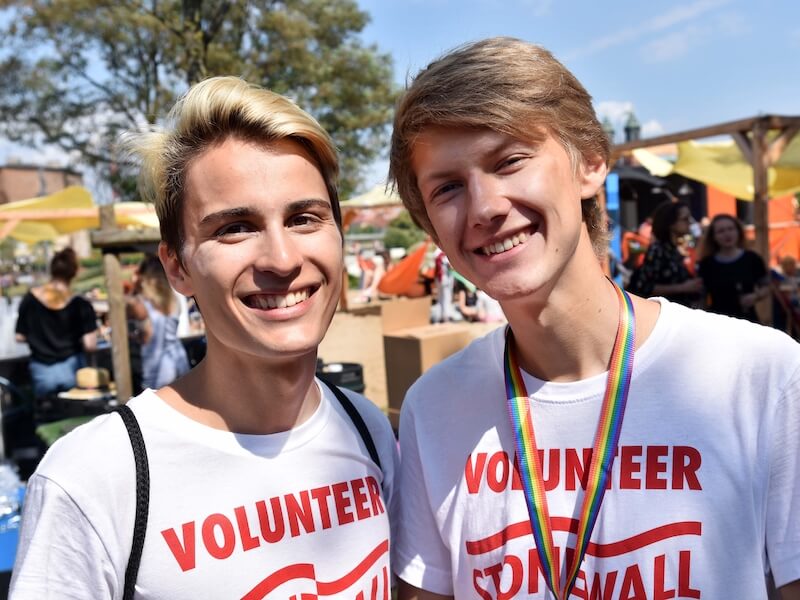- About
- Topics
- Story
- Magazine
- In-Depth
- Picks
- Opinion
- News
- Donate
- Signup for our newsletterOur Editors' Best PicksSend
Read, Debate: Engage.
| topic: | LGBT Rights |
|---|---|
| located: | Bosnia and Herzegovina |
| editor: | Katarina Panić |
In the Bosnian capital of Sarajevo, more than 50 streets were closed for traffic because of the police’s decision to blockade them for this year’s Pride Parade. However, the Pride March organisers repeatedly stated that they did not ask for blockades, and that they had only insisted on their right to a public gathering. Unlike other organisations, they were forced to once again pay additional costs for their own safety measures.
Out of the BAM 30,000 (€15,000) required for the security, the Sarajevo Canton government paid 25,000, and activists launched a fundraising campaign to cover the remaining amount in solidarity. They managed to secure the funding, although they stressed that there is no equality if some citizens have to pay for concrete blocks, metal fences, security guards, and ambulance service while other groups do not – especially when the parade is only a peaceful gathering.
"Although we send a clear message to authorities that LGBTQ people should not pay for their safety, unfortunately, the current Law on Public Assemblies allows institutions to do this," the organisers said. One thousand people walked in the Sarajevo Pride March this year under the motto "Family Gathering," including the parents of LGBTQ+ individuals who are also often exposed to homophobia for supporting their children.
On the other hand, dozens of people gathered in a counter-protest on the same day under the slogan "Give Us the Rainbow Back," carrying the banners: "Not in this city," "Keep away from our children," "Not in our country," and "Faith admonishes you." The media revealed that they attempted to attract people to show up by promising presents to everyone who came. They also filmed the hosts delivering bags with gifts to people that showed up. Nonetheless, they did not achieve the massive response they aimed to.
Besides this group, which has no essential significance, some politicians and public figures also stood against the Pride March, which is a bit more dangerous and worrying for society. However, they did not go as far as their colleague did a few years ago. Still, they repeated that LGBTQ+ events have no support; that it is a terror of the minority against the majority; that citizens of Sarajevo are in the middle of the hostage crisis, and so on.
Nevertheless, the analysts noticed one positive thing: the media has matured compared to its first coverage of the first-ever Bosnian gay pride. Today, media outlets are much more friendly and sensitive than in 2019.
Photo by Raphael Renter

